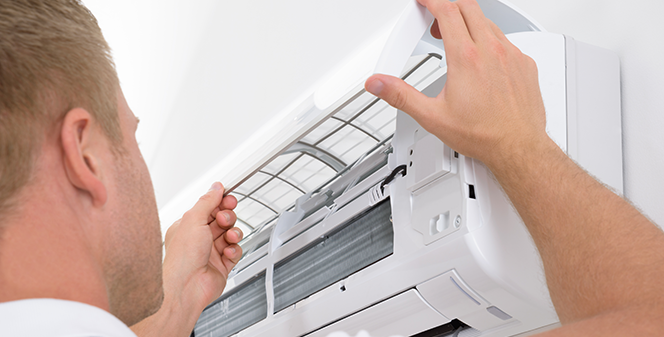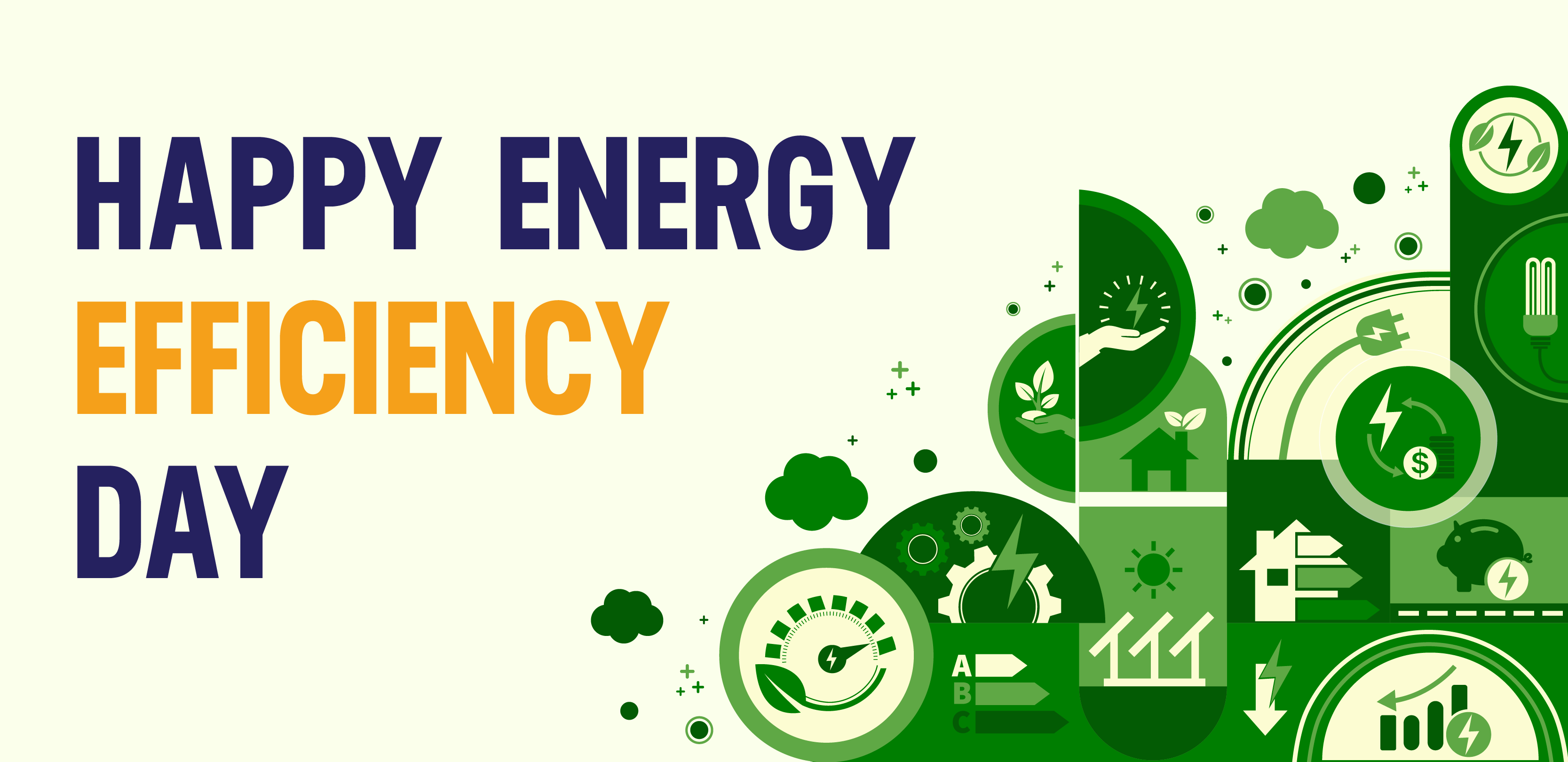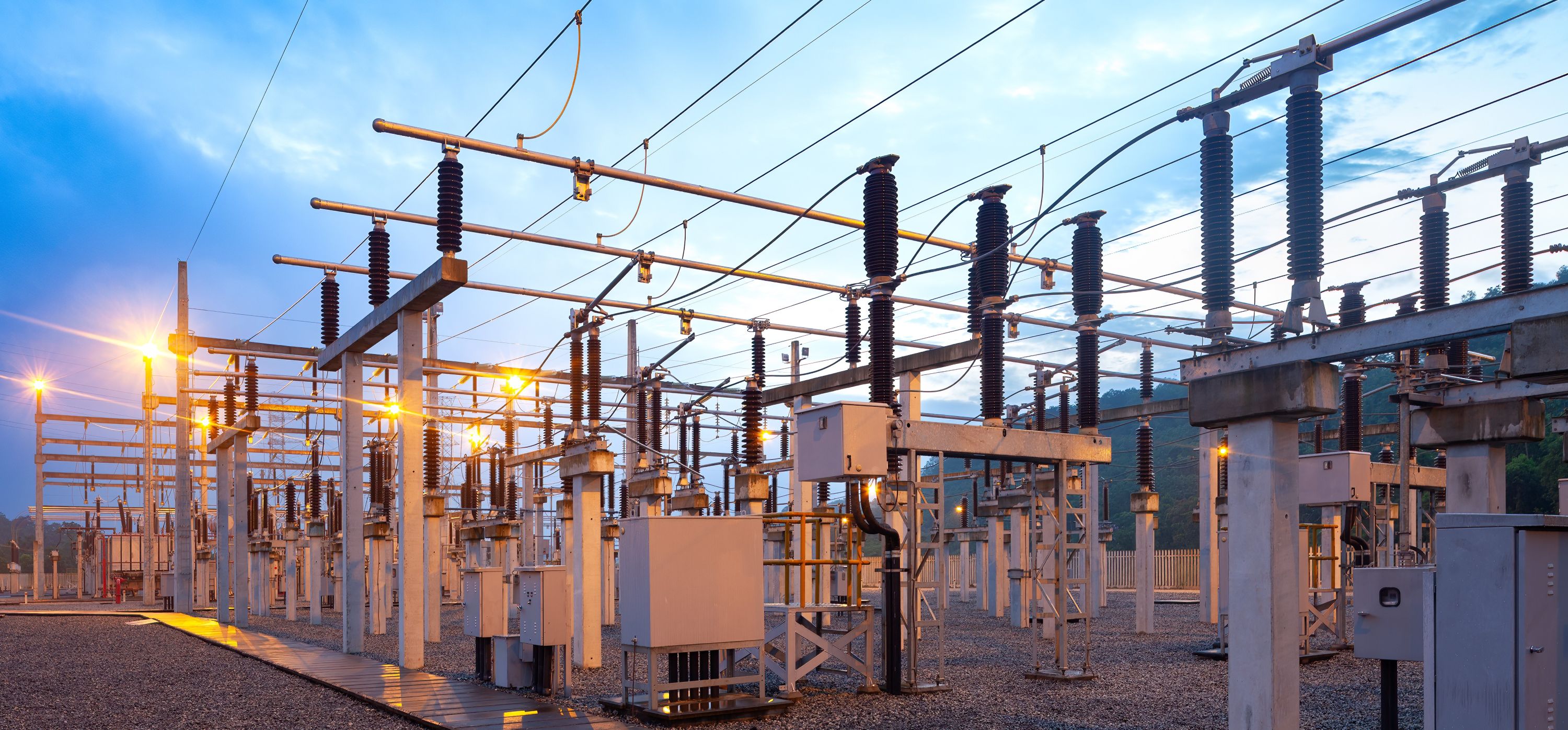HVAC Efficiency: What It Is, Why It Matters and How to Get Started
Let's Save Energy
Alliance to Save Energy's Blog

HVAC Efficiency: What It Is, Why It Matters and How to Get Started
Heating, ventilation and air conditioning make up a very large minority of energy usage in the United States. As such, making HVAC systems more streamlined is the goal of many organizations seeking to increase U.S. energy productivity. Since HVAC energy usage has serious global impacts, increasing efficiency is crucial to minimizing detrimental effects. Below, learn about every stage of the HVAC process, including design of equipment, installation, maintenance and system use.
What is HVAC Efficiency?
HVAC usage in a single entity (e.g. commercial building or home) can vary widely from one place to another. Heating and cooling efficiency is the most effective way that people can decrease their overall energy consumption. HVAC equipment that is currently available has different degrees of possible efficiency. However, this is only the beginning. Experts consider the spectrum of efficiency rates, factoring in differences in equipment, quality of installation and maintenance, as well as personal use. Based on all of these factors, the U.S. Department of Energy (DOE) and many professional organizations conclude that much can be done to improve the HVAC efficiency of virtually any single system.
Global Impacts of HVAC Energy Usage
Energy consumption through heating, ventilation and air conditioning represents a significant portion of nationwide energy usage. The U.S. Small Business Administration notes that HVAC equipment accounts for 40 percent of energy usage in commercial buildings. According to DOE, energy used by homes creates twice as much greenhouse gas emissions – recognized to contribute to climate change – compared to cars.
Efficiency in HVAC Design
Efficiency applies to design of HVAC equipment, as well as use. Experts suggest taking a holistic approach to decreasing energy consumption, by examining all the ways that each part of the HVAC system uses energy and looking for ways to improve it. Demand-controlled ventilation is key to reducing the cooling or heating load so that buildings are not cooled or heated regardless of the needs of the building’s inhabitants. Designers should aim to use renewable energy sources whenever possible. Since heating and cooling tends to produce a lot of waste, HVAC system designers ought to take advantage of natural conditions or by-products to more effectively heat and cool. For example, the system may be built to use heat exhaust to warm air or utilize natural moisture to cool air.
Resourceful Use of HVAC Equipment
Assuming that the heating and cooling equipment is designed with the greatest efficiency in mind, the most significant impact on effectiveness comes from the installation, maintenance and use of the system. All equipment for the HVAC system must be expertly installed to ensure that the maximum amount of cooled or heated air will reach all specified areas of the building. Once installed, the equipment should be maintained regularly and repaired, as needed. This includes appliances such as furnaces and air conditioners, but also auxiliary equipment like ductwork, which can be a significant source of wasted energy. DOE recommends that people in all buildings use programmable thermostats efficiently to minimize energy consumption. It also suggests that building managers and homeowners take a proactive stance toward a decrease in energy consumption.
When Americans plan to reduce their energy usage, they are more likely to succeed. HVAC efficiency allows people to use their HVAC equipment to cool or heat buildings without wasting energy unnecessarily. Given the contribution of HVAC energy consumption to global greenhouse gases, improvements to these systems through design, installation, maintenance and use are vital to any environmental conservation plan.
Author Bio:
Patricia Bonacorda has vast experience in the Plumbing and HVAC community. She is the president of Spartan Plumbing. Spartan is a licensed, bonded, and insured business that provides plumbing, heating, and air conditioning in the DC metro area.
STAY EMPOWERED
Help the Alliance advocate for policies to use energy more efficiently – supporting job creation, reduced emissions, and lower costs. Contact your member of Congress.
Energy efficiency is smart, nonpartisan, and practical. So are we. Our strength comes from an unparalleled group of Alliance Associates working collaboratively under the Alliance umbrella to pave the way for energy efficiency gains.
The power of efficiency is in your hands. Supporting the Alliance means supporting a vision for using energy more productively to achieve economic growth, a cleaner environment, and greater energy security, affordability, and reliability.



